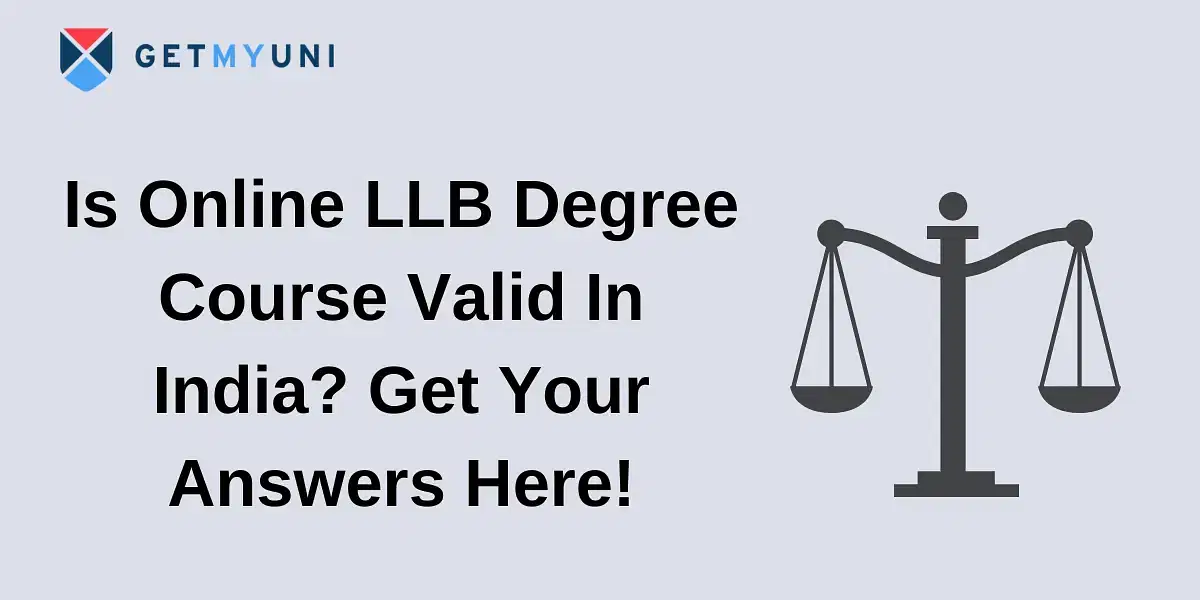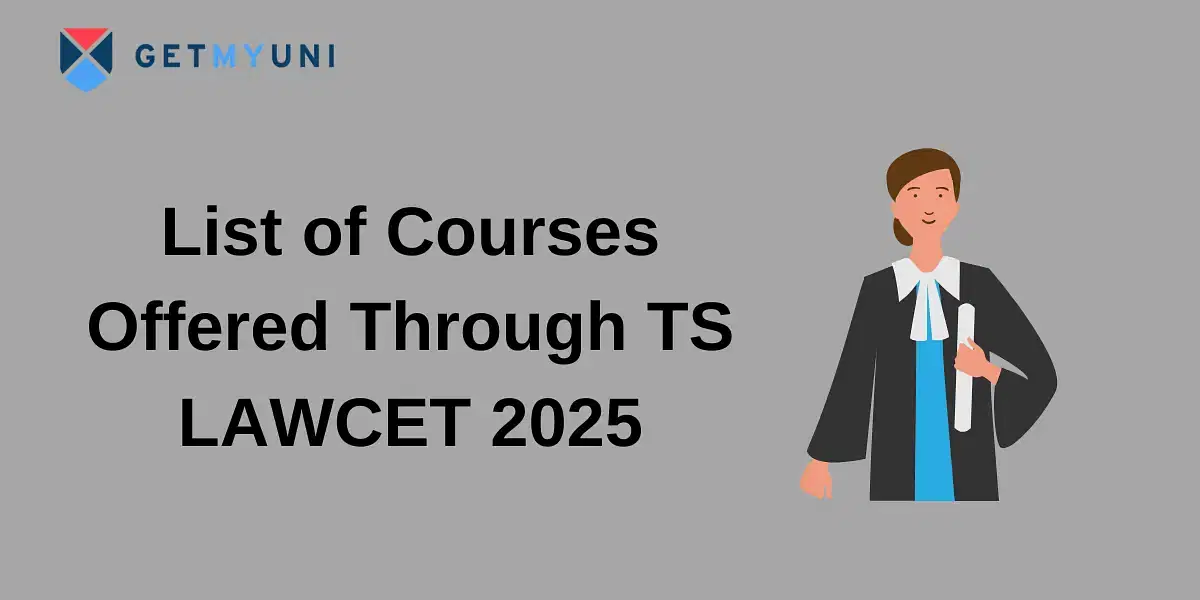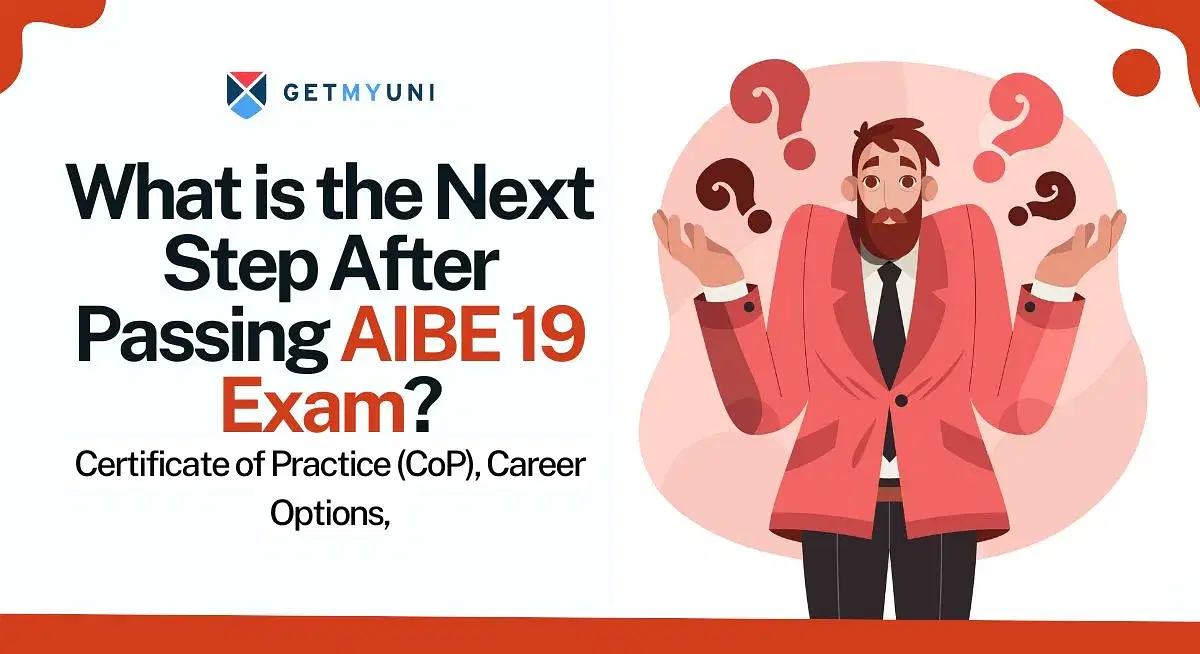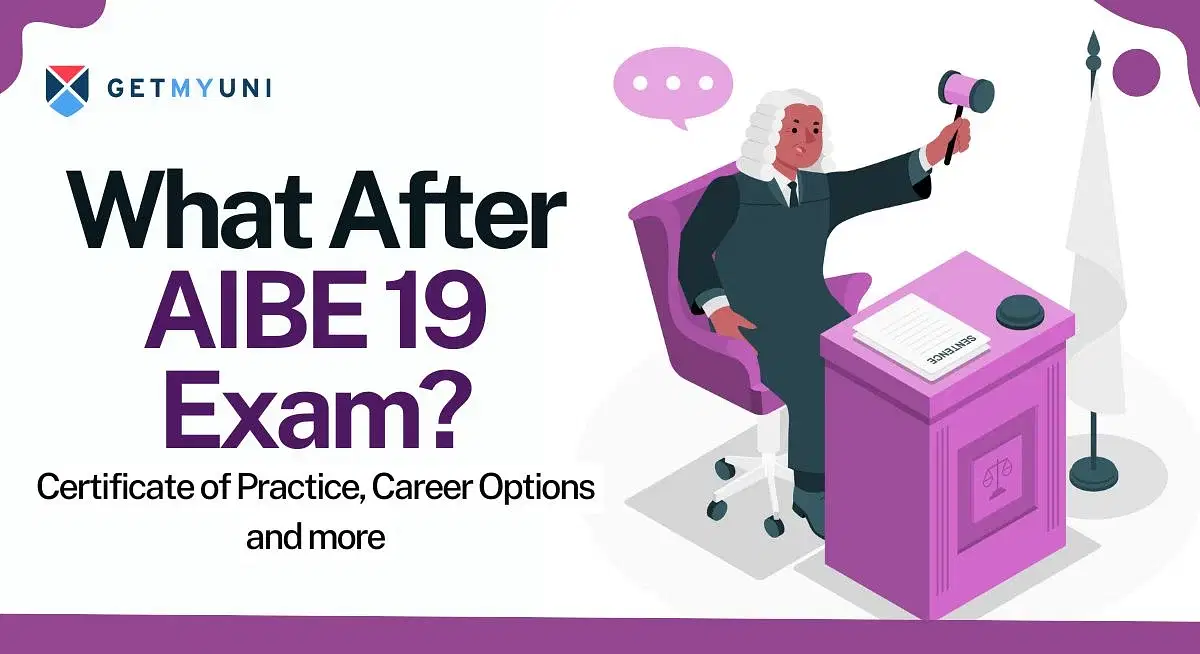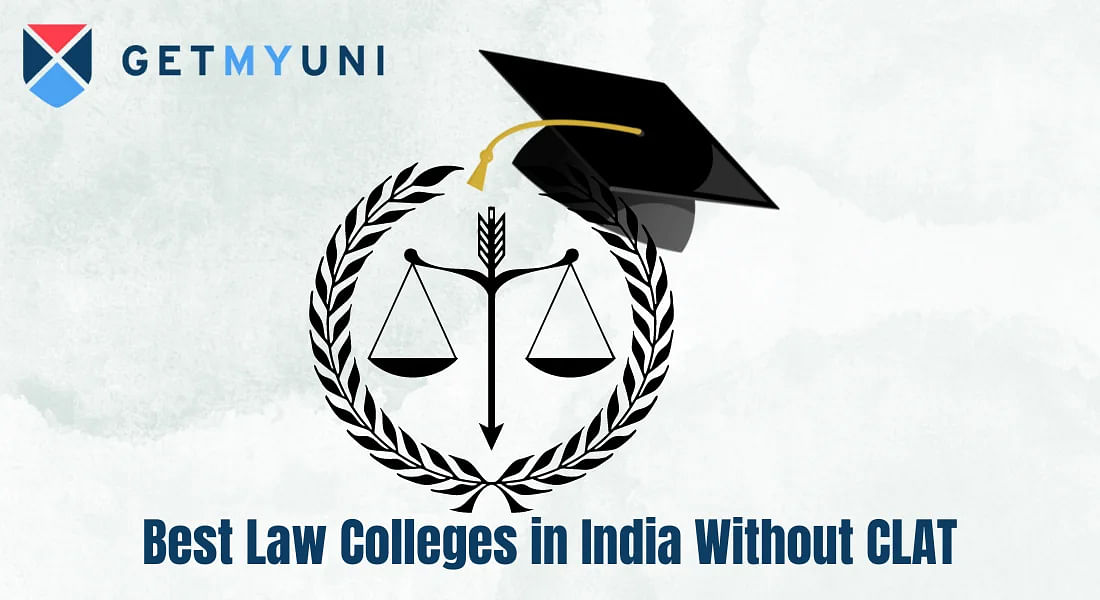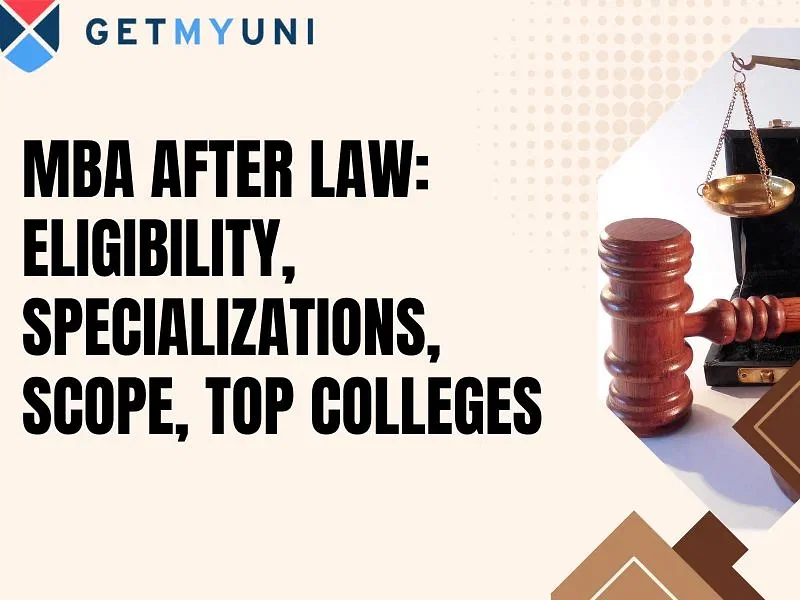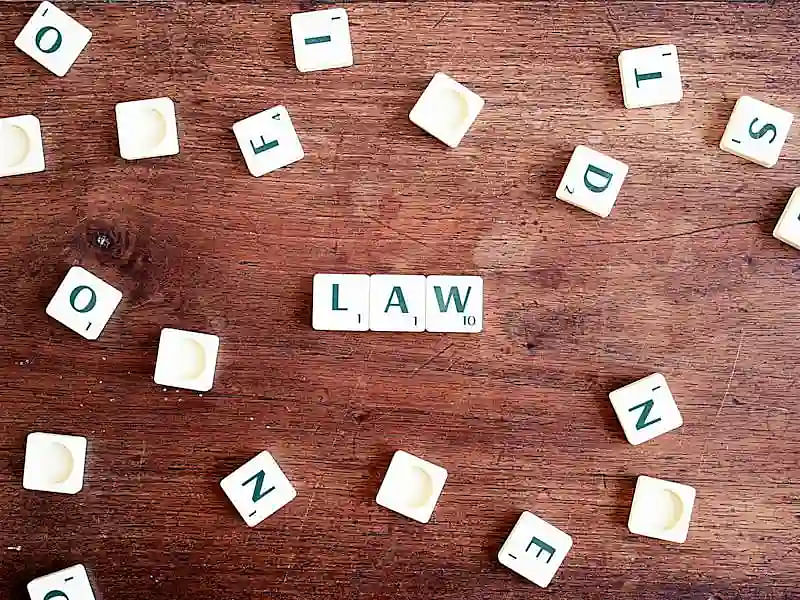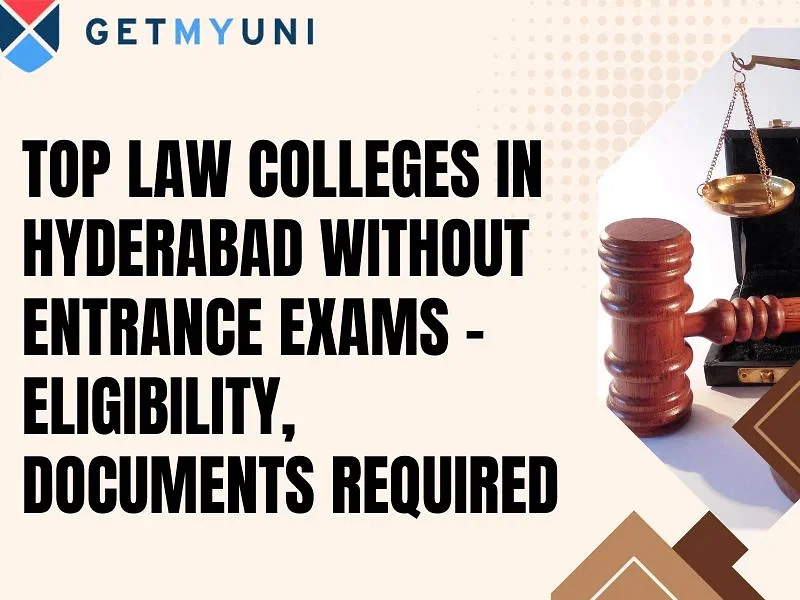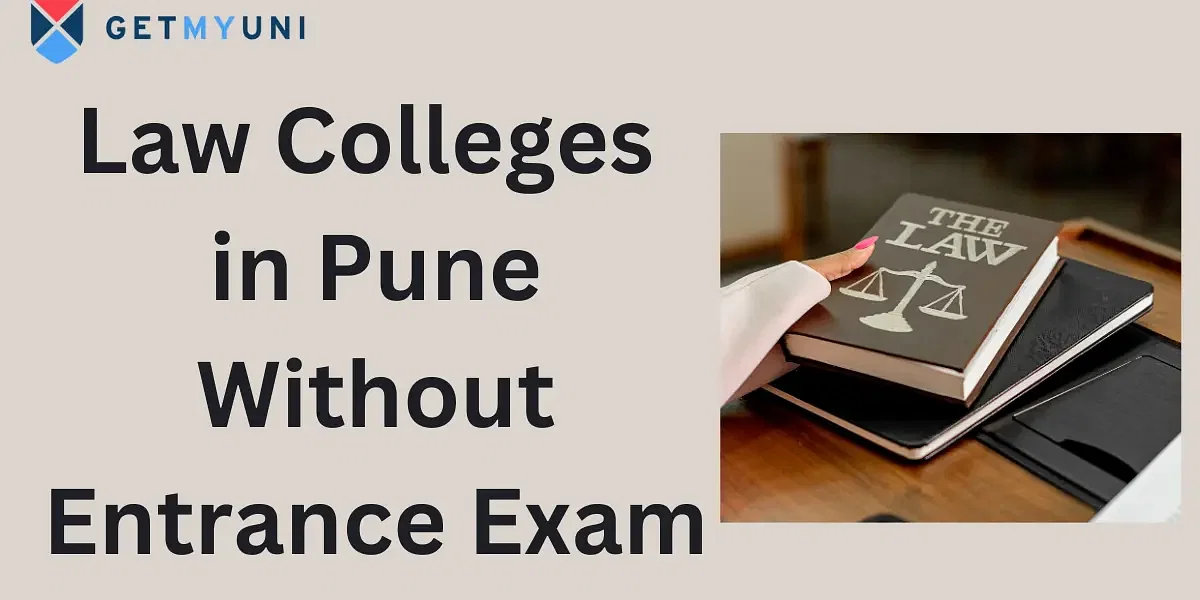LLB Career Options for B.Tech Graduates: Explore diverse career paths, including corporate law, intellectual property rights, and more, for engineers transitioning to law.
LLB after B.Tech is an unconventional yet exciting career path for a student. In the LLB course, candidates can learn all the legal education. After B.Tech, candidates tend to pursue MS/ M.Tech/ MBA courses for their higher education. A large number of candidates go directly into the professional field and find a suitable job.
However, a few candidates explore their careers in law. There are a lot of scopes available in the field of LLB after B.Tech. The career prospects and other details are discussed in this article.
Eligibility Criteria for LLB After B.Tech
The eligibility criteria for LLB after B.Tech requires minimum educational qualification. The eligibility criteria can be different for different institutes. The minimum requirements for the LLB course are mentioned in the table below.
|
Requirement |
Description |
|
Age Requirement |
No age limit |
|
Educational Qualification |
Graduation (preferably in B.Tech) |
|
Marks Required |
45% for the General Category, 40% for the SC, CT, and OBC category |
Read More: B.Tech LLB Jobs & Scope
Entrance Exams for LLB After B.Tech
Candidates who hold a B.Tech degree and want to pursue higher education in law must take an entrance exam to get admission to a law course in any university. The most popular entrance exams candidates can take to get into a top-tier law institute are mentioned in the table below.
|
Entrance Exam |
Details |
|
IIT KGP LLB |
This entrance exam is for admission to the Rajiv Gandhi School of Intellectual Property Law. Indian Institute of Technology Kharagpur (IIT KGP) conducts this exam. Candidates who hold a degree in engineering or technology are eligible to take this admission test. |
|
PU LLB |
Punjab University conducts this entrance exam for admission to the 3-year law course. |
|
CUET LLB |
This entrance exam is conducted by the National Testing Agency (NTA) for admission to law courses in all types of universities (central, state, and private) in India. |
|
SLAT AIAT |
The Symbiosis International University conducts the All India Admission Test (AIAT) for admission to the law course at Symbiosis Law School Pune. |
|
National Law School of India University conducts the NLSAT entrance exam for admission to the law course of 3 years in the institute. |
|
|
The National Testing Agency (NTA) conducts this entrance exam for admission to the Delhi University’s Law School. |
|
|
This is a state-level entrance exam for admission to a 3-year law course in Telangana State. |
|
|
This is a state-level entrance exam for admission to a 3-year law course in Maharashtra State. |
|
|
Andhra Pradesh state conducts this entrance exam for the students seeking admission to a law course within the state. |
|
|
BVP CET law |
Bidya Varati Deemed University takes this entrance test for admission to the law course in the university. |
Top Colleges for LLB After B.Tech
There are a lot of prestigious law institutes in India where thousands of students pursue law courses every year. Here are the top law colleges students may consider for admission after their B.Tech.
|
Name of the College |
Location |
Fees (per annum) |
|
Rajiv Gandhi School of Intellectual Property Law, IIT Kharagpur |
Kharagpur, West Bengal |
INR 1,11,500 |
|
Hyderabad, Telangana |
INR 1,75,000 |
|
|
Delhi |
INR 1,40,000 |
|
|
Mumbai, Maharashtra |
INR 12,200 |
|
|
Sonipat, Haryana |
INR 6,00,000 |
|
|
Pune, Maharashtra |
INR 38,000 |
|
|
Jalandhar, Punjab |
INR 1,56,000 |
|
|
Pune, Maharashtra |
INR 2,64,000 |
|
|
Bangalore, Karnataka |
INR 3,93,500 |
|
|
Dehradun, Uttarakhand |
INR 3,50,000 |
|
|
Varanasi, Uttar Pradesh |
INR 11,4000 |
|
|
Darwaka, New Delhi |
INR 70,000 |
Read More: B.Tech LLB Syllabus and Subjects
Benefits and Career Prospects of LLB after B.Tech
Candidates will get a lot of benefits and career prospects after completing the LLB course. Those are as follows:
- Multiple Job Opportunities: Candidates will get different job opportunities after completing the LLB course.
- Better Income: Candidates who hold an LLB degree just after pursuing a B.Tech degree will get attractive salaries in government and private organizations.
- Respectable Positions: The candidates will get respectable positions and social status after completing the LLB course.
Job Roles for LLB After B.Tech
After completing the LLB course after B.Tech, a candidate can get a lot of opportunities in the professional field. Popular job profiles and job descriptions available for the candidates are mentioned in the table below.
|
Job Profiles |
Job Description |
|
Legal Associate/ Advisor |
A Legal Associate/ Advisor works with a business organization, IT company, or consultancy firm and provides them with legal support. |
|
Corporate Lawyer |
A Corporate Lawyer monitors all the legal policies, and contracts, and advises the corporate firm on legal rights and responsibilities under the law. |
|
Cyber Lawyer |
A Cyber Lawyer provides legal support to a person or an organization for data privacy, digital rules, and regulations under the law. |
|
Criminal Lawyer |
A Criminal Lawyer provides legal support and defends clients accused in criminal cases. |
|
Family Lawyer |
A Family Lawyer handles legal matters related to family such as divorce, relationship matters, child support, etc. |
|
Judicial Officer |
|
|
Professor |
A professor teaches law in colleges and universities. They also hold higher degrees in law. |
Read More: LLB Entrance Exam
Salary for LLB After B.Tech
Candidates can get attractive packages after completing their LLB courses. The average entry-level salary for the popular job roles is mentioned in the table below.
|
Job Roles |
Average Salary (per annum) |
|
Legal Associate/ Advisor |
INR 4 - 5 LPA |
|
Corporate Lawyer |
INR 6 - 7 LPA |
|
Cyber Lawyer |
INR 3.5 - 4 LPA |
|
Criminal Lawyer |
INR 4 - 5 LPA |
|
Family Lawyer |
INR 3.5 - 4 LPA |
|
Judicial Lawyer |
INR 6 - 8 LPA |
|
Professor |
INR 5 - 7 LPA |
Also, Check: Steps to Become a Judge

